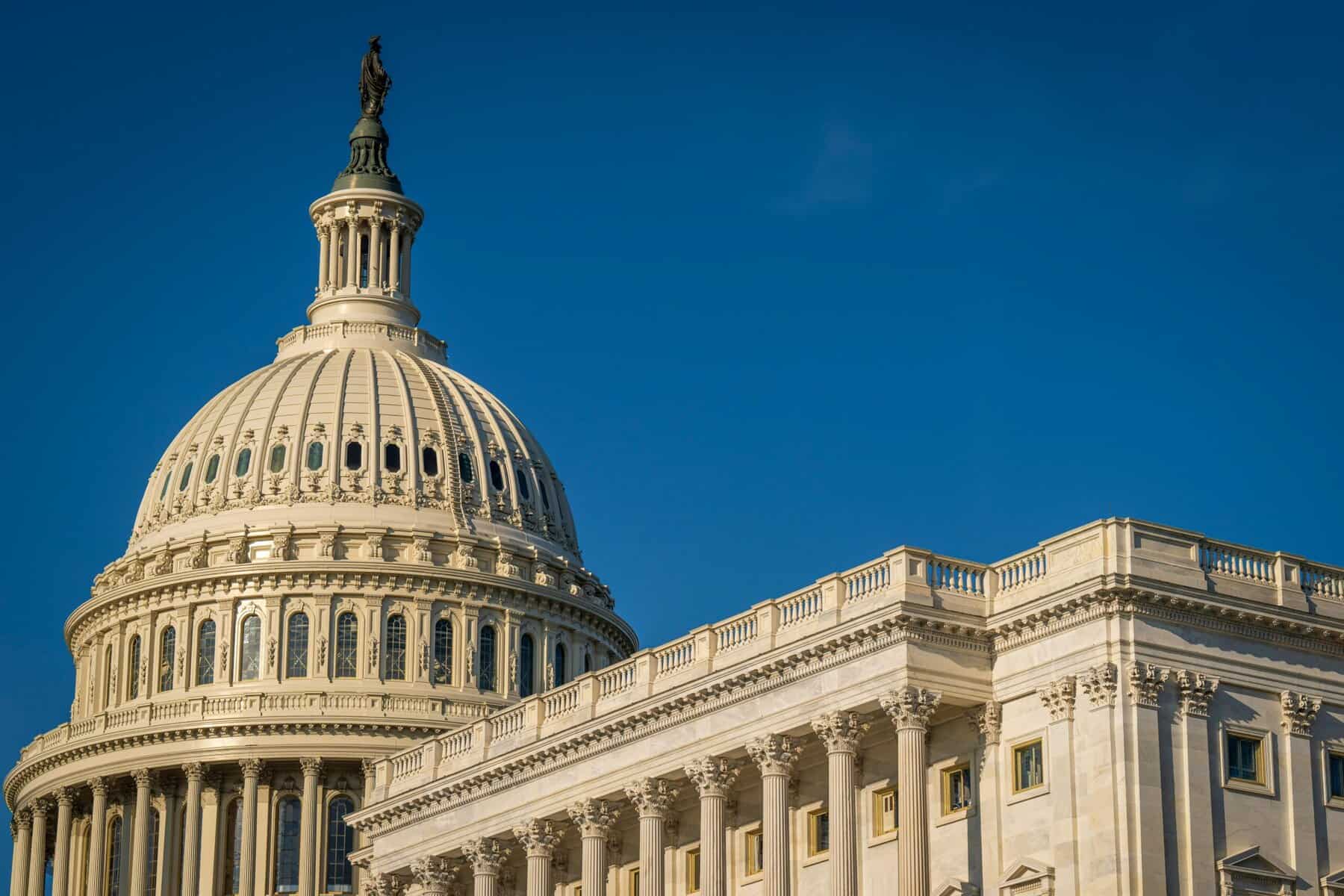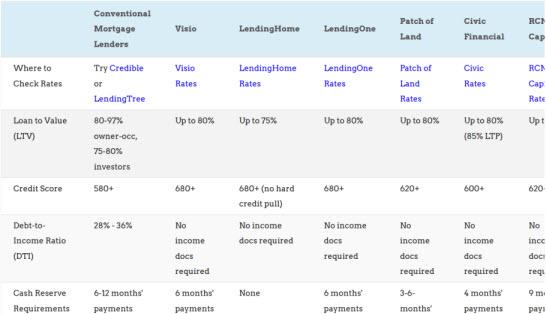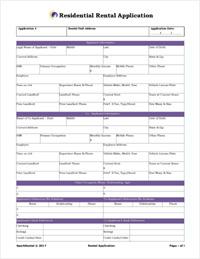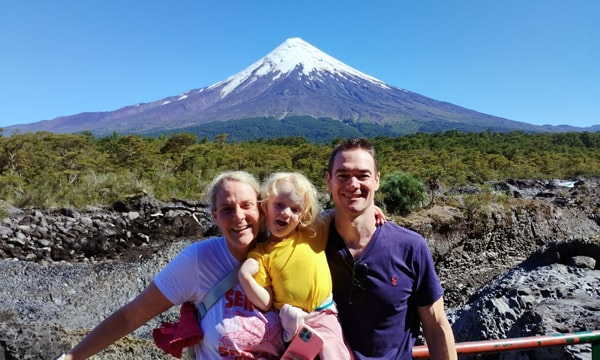The Big Picture on How The One Big Beautiful Bill Affects Real Estate Investors:
-
-
Real estate investors can now permanently write off 100% of eligible property depreciation in the first year—greatly enhancing passive investing tax benefits.
-
The act allows states to establish new QOZs every 10 years. Holding investments here can lead to major capital gains tax reductions or exemptions.
-
Investors from countries the U.S. deems “discriminatory”—like Canada, UK, South Korea—will face additional real estate taxes under the new law.
-
Disclaimer
The information provided on this website is for general informational purposes only and should not be construed as legal, financial, or investment advice.
Always consult a licensed real estate consultant and/or financial advisor about your investment decisions.
Real estate investing involves risks; past performance does not indicate future results. We make no representations or warranties about the accuracy or reliability of the information provided.
Our articles may have affiliate links. If you click on an affiliate link, the affiliate may compensate our website at no cost to you. You can view our Privacy Policy here for more information.

On Friday, President Trump signed into law the One Big Beautiful Bill Act (OBBBA). It’s a goliath of a bill at 940 pages long, and includes sweeping changes to taxes, Medicaid, SNAP food stamp benefits, and more.
When you need help falling asleep, you can read all 940 pages in their entirety, but since we’re here to talk real estate investing, let’s cut to the chase. Here are four ways the OBBBA affects real estate investors.
100% Bonus Depreciation Made Permanent
The Tax Cuts and Jobs Act of 2017 allowed real estate investors to take 100% of eligible depreciation in the first year of ownership, including for passive real estate syndications like we often invest in together through the Co-Investing Club.
That had been phasing out, with investors allowed to take 40% for 2025 and 20% for 2026, then it would have expired.
The OBBBA makes 100% bonus depreciation permanent. It retroactively applies to properties bought or put in service after January 19, 2025.
For passive real estate investors, that makes the “lazy 1031 exchange” even more powerful as a way to keep deferring capital gains taxes indefinitely.
Renewal of Qualified Opportunity Zones (QOZs)
Over 10-year cycles, states will be able to set new Qualified Opportunity Zones in low-income areas to spur investment there.
Investors who hold for at least 10 years can avoid capital gains taxes, and those who hold for at least 5 years get a 10% reduction in their capital gains tax.
LIHTC Expansion
The Low-Income Housing Tax Credit (LIHTC) got a refresh, allowing a higher cap for states to offer these to boost low-income housing.
The Co-Investing Club does sometimes invest in affordable housing, and has invested in LIHTC properties before. We consider it a win-win when these make sense: reduced taxes on investments that boost much-needed affordable housing supply.
Higher Taxes on Foreign Investors from Some Countries
The OBBBA adds some additional taxes on foreigner investors in US real estate. It identifies a list of “discriminatory foreign countries” that the government claims unfairly taxes US companies and citizens who do business in them. Full list at the bottom in case you’re curious, but it includes some important allies of the US including Canada, the UK, South Korea, Ireland, Australia, and many more.
(article continues below)
Winners & Losers
The OBBBA, like all major tax and spending changes, helps some people and hurts others.
Real estate investors definitely come out ahead as winners.
Whether you approve or disapprove, the IRS is about to enforce new tax rules. You need to understand them – and ideally optimize for them.
Join Our Co-Investing Club For Hassle-Free Real Estate Investing
Want to enjoy the potential of passive real estate without having to buy real estate? Invest with our exclusive Co-Investing Club at SparkRental!
Our unique platform allows members to collaboratively evaluate and invest in diverse real estate opportunities, including private partnerships, notes, syndications, equity funds, and secured debt funds.
With a minimum investment of just $5,000 per deal, our club removes traditional barriers, giving you access to high-yield real estate ventures that typically require $50,000 to $100,000 for individual investments.
But of course, any investment requires due diligence. That’s why we just launched a new Free membership level for the Co-Investing Club, to let the curious come “lurk” in our deal discussions. You can see what we’re investing in and how it works, to decide whether it’s for you or not.
At SparkRental, our Co-Investing Club prioritizes diversification across various property types and geographic locations throughout the U.S. Our carefully selected investments span multifamily units, mobile home parks, self-storage facilities, short-term rentals, and more, aiming for average annualized returns of 15% or higher on equity investments and 10-12% interest on debt investments.
Each month, our members join interactive video calls to discuss and vet new opportunities, ensuring everyone has a say.
Best of all, you don’t need to be an accredited investor to join our club!
Whether you’re a seasoned investor or just starting out, our Co-Investing Club offers a streamlined, community-oriented pathway to passive income and financial growth.

























